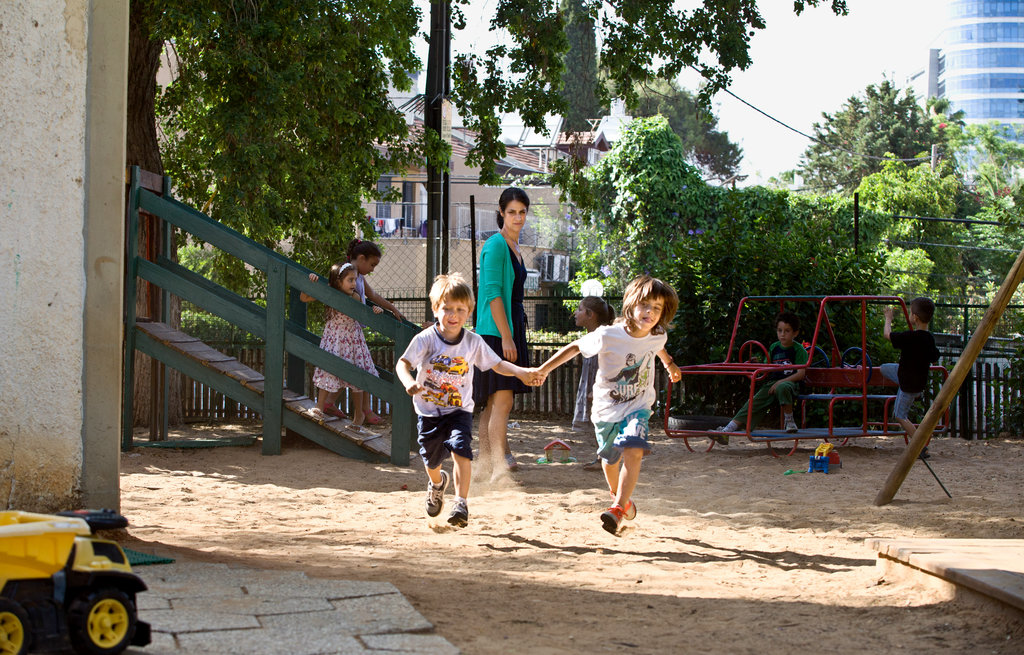Sleep Routine Best Practices To Prepare Kindergartners For Start Of School
To prepare kindergartners for the start of school, a sound sleep schedule is crucial to aid them in the transition.

The summer is already winding down, and families are in full “back to school” mode buying school supplies and prepping kids for the return to school routines. For parents of kindergartners faced with the task of getting little ones used to this new, 6-hour school day, the charge may seem daunting. Above all, structuring sound sleep routines are the best way to prepare these young, new students for their school journey, and here’s how to make it work.
When it’s time to ready a little one to enter the school system, there are many ways this transition can be made smoothly. Setting routines, building responsibilities, preaching self-care, and much more are all important. But ultimately, instilling exceptional sleep patterns can be the key to starting off the new year on the right foot for kindergartners. To this, it is recommended that parents should begin by setting bedtime earlier than may be expected.
A recently published study emphasizes how important more sleep can be in aiding preschoolers in the transition to becoming well-rounded kindergartners. Published July 11th in the American Academy of Pediatrics (AAP), researchers studied previous kindergartners’ sleep patterns. Teachers, who were not privy to how much sleep each student received, were then asked to measure each child’s ability to transition to a full school schedule.
After researching and evaluating each individual case, looking at how much sleep the kindergartner received, and comparing it to the teacher’s remarks, it was concluded that more sleep led to better outcomes. Across the board, kindergartners that got at least 10 hours of sleep developed better relationships with their peers and teachers and retained word and letter sight recognitions better. It shouldn’t take an extensive research study for parents to understand the benefits children relay when they receive more sleep, but if anything, it’s more proof that preparing children with more sleep will have a plethora of benefits.
What’s more, this new research contradicts other expert recommendations that suggest that children should receive 10-13 hours of sleep throughout the course of a day. Therefore, if parents are still planning on keeping bedtimes later, and allowing upcoming kindergartners to nap throughout the day, it may be time to ditch naps altogether, and instead set a routine bedtime earlier in the night. Depending on how long families have until their specific school is back in session, now might be the perfect time to start.
Luckily, kindergartners are pretty adaptable. This means that families won’t have to make the sleep transition as soon as you make think. Sleep experts in children’s health recommend setting a child’s sleep schedule back to prepare for school about one to two weeks before the first day. In best practices, this should be done gradually, and not all at once. For example, if you are moving your child from a 10 pm bedtime back to 8 pm, push that time for sleep back about 15 minutes every day of the week.

A good night’s sleep is crucial for everyone to succeed. But in children, the benefits are limitless. It’s best for all children, no matter the age, to get used to a back-to-school sleep routine before the first night before school lets in. But for kindergartners, this is a measure that should not be avoided, as it is one of the most crucial years that set the tone for how children perform throughout the rest of their school journey.



